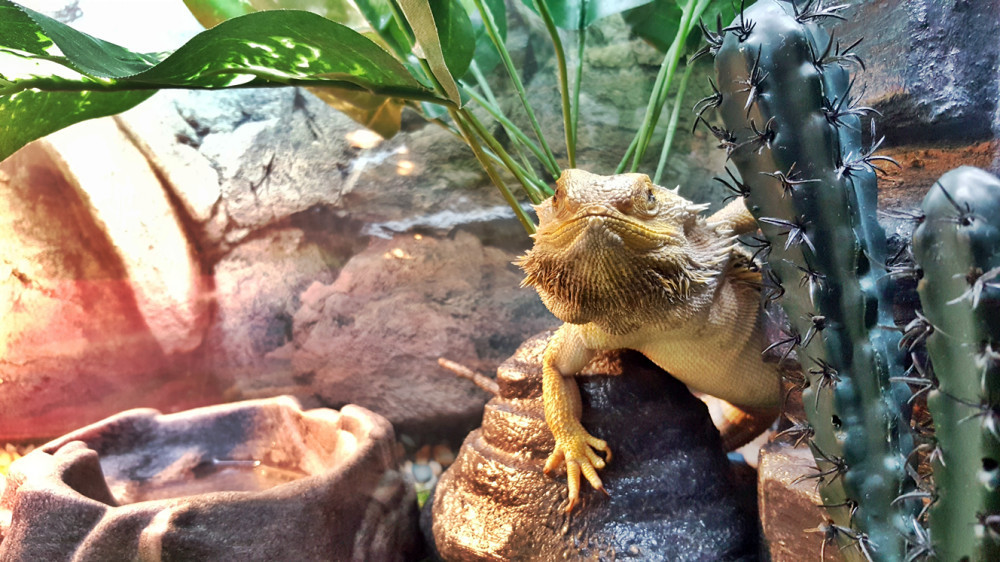Because bearded dragons are unable to get all the minerals and supplements they need from the food they eat, as they would in nature, it is important for us to ensure they get it, by using different supplements and so forth.
It is very important to keep a schedule, get the dosage correct and find the one that works best for your animal, as not doing so can lead to illnesses, which could prove fatal. So within this article, I will explain the different sorts of supplements that are available on the market, which works best, dosages, and a few other key details needed to provide your beardie with exactly everything they need to stray strong and healthy.

Bearded Dragon Supplements
There are a few supplements that you will have to give your bearded dragon no matter what, and then there are a few that you can give but are not a must.
WARNING!!! Do not give more than one supplement on the same day, and do not mix with medications, unless told otherwise by a vet.
Calcium
Like us, bearded dragons need calcium to keep their bones strong, but females also need it, when they are pregnant, as the task of making eggs, can deplete their calcium rather quickly. When they do not receive enough calcium, their bodies will start to take what it needs, from the skeleton, resulting in malformations, MBD, and so forth, which can lead to paralysis and even death.
Now there are quite a few types of calcium, and reptile brands out there, each with different instructions and dosages, which is important to follow. Bearded dragon adults need calcium 1-2 times a week, whereas bearded dragons with MBD, Baby bearded dragons, pregnant females, and so forth need calcium 2-3 times a week, along with their nutrient-rich diets, which will also include natural calcium.
Feeding calcium to your bearded dragon can be done in quite a few ways, one of which is coating the insects in it by placing the powder in a bag or container along with their food, giving it a quick shake, careful as to not kill the bugs, and then feeding it to your dragons. It can also be sprinkled over their salads if they eat their greens by themselves.
Keep in mind that the dosage may vary depending on the brand, and make sure it is actually calcium, rather than a vegetable or insect duster.
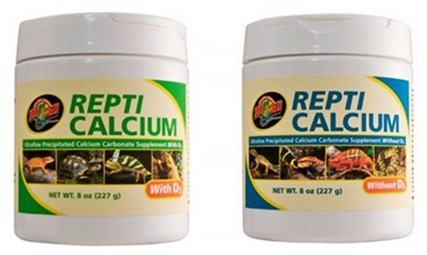
Calcium Drops
Calcium drops are a supplement that can be added to their water. IT IS NOT a calcium replacement and should only be given as a booster when your dragon is running low on calcium if a female is pregnant or once a month to give them a bit of a boost. They are not a must-have, just an extra. Clean water should be used and replaced and the end of the day to make sure they do not overdose.
Follow the dosage instructions on the bottle.
Vitamins
Once more, as with calcium, bearded dragons need vitamins just like us, and seeing as they cannot get everything they need from their captive foods, as they would in the wild, it is up to us to make sure they get it, in the form of a supplement. Once more, dosages depend on the brand and the type, but, bearded dragons, no matter their age or size, should receive vitamin supplements, 1-2 times a week, up to 3 times for ill bearded dragons, as it can help boost their immune system.
Keep in mind that though dusters like vegetable dusters, do contain vitamins, they are NOT vitamin supplements, and do not provide everything your beardie needs.
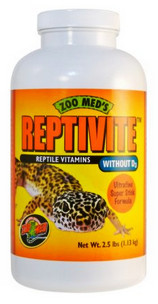
Probiotics
Probiotics should not only be given after meds but also as a supplement. Follow the instructions given by the vet or by the bottle in order to get the dosage. When using probiotics as a supplement, you strengthen your dragon’s immune system. A strong immune system helps your dragon fight bacteria and helps keep them healthy.
Give once every three weeks as a supplement or for three to five days straight after their medication has stopped. Mix it into their water when they are drinking to ensure that they consume it.
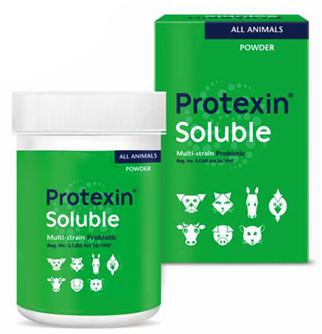
Bee Pollen
Bee pollen is an appetite booster and enticer. If you have a dragon with a low appetite or one that is fuzzy, just sprinkle a pinch over their food twice a week. Bee pollen is not a must-have supplement and can be used as a treat because bearded dragons love the smell and taste of it. Be careful though, they can get addicted and not want to eat unless bee pollen is present. Bee pollen should not be given every day!
Electrolyte and Vitamin D3 Drops
Once again, these are drops that get added to their water bowl which should be replaced at the end of the day to prevent overdosing. These drops are not a must and can be given once a month to boost the immune system. Be very careful when you are giving it on the schedule because too much vitamin D3 from the calcium and other supplements is not good for your dragon’s health.
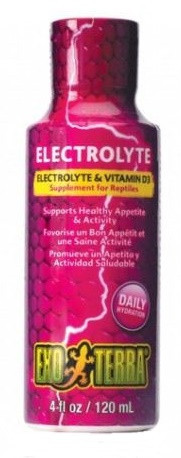
Liquid VS. Powder
There really is not much difference between the powders and the liquids, except that the liquids are usually stronger than the powders and thus require a smaller dosage, and most liquids do not contain any D3 at all.
With D3 VS. Without D3
D3 is a vitamin that reptiles such as bearded dragons require in order to absorb the calcium and vitamins that they have ingested, without it, giving the supplements to them is useless. D3 can either be received via the supplements that contain it, but most importantly, they get it from UVB such as the sun, or the lights inside their cages. They can also receive it from the food if they have a balanced diet, and as such, it is not always necessary to add D3 to their supplements.
In conclusion, D3 is not needed when the bearded dragon has a healthy diet, and UVB throughout the day. If not, add D3 to the supplements.
My Favorite brands
We have been caring for bearded dragons for almost 10 years and had a lot of trial and error with brands. Not all brands are equal, some are just rubbish and can actually do more harm than good. In addition, believe it or not, some people will actually just produce something for the sake of making money and it will not be tested properly. Always buy reputable brands when it comes to caring for your bearded dragon as these animals hardly ever show signs of illness not before it is too late.
Below I will list the brands that I fully trusted and tested over the years. Please note that there are others as well that are probably just as good, I just do not feel like testing it on my precious beardies.
Calcium
Zoo-Med Repti Calcium – Perfect for not only my beardies but also my Iguanas and Geckos. Their calcium is not harsh and the bearded dragons seem to love it above all as well. My nr 1 choice.
Exo Terra Calcium – Not as strong as other brands which makes it perfect for a healthy bearded dragon.
Komodo Calcium Plus – A bit on the strong side so you have to get the dosage right. Perfect calcium supplement for gravid females, dragons with MBD, or sick ones that need calcium to heal.
Vitamins
Zoo-Med Reptivite – Perfect vitamin for regular use and for sick dragons. My nr 1 choice.
Exo Terra Multivitamin – Awesome vitamin for sick bearded dragons or those with special needs.
Probiotics
Protexin Soluble – The best one in my opinion not only to get their digestive system on track but also acts as an immune booster when sick.
Electrolytes
Exo Terra Electrolyte supplement – Not a harsh supplement that can be used often.
Thank you for visiting Bearded Dragon Time, hope your stay was pleasant and that this article will help you to care for your beardie. If you have questions, please leave a comment, or better yet, send us your question by using the box on the right for a better response time.
Remember, good health starts with a good diet, Read more about Bearded Dragon Diet if you are not sure about what they can eat (and not).
